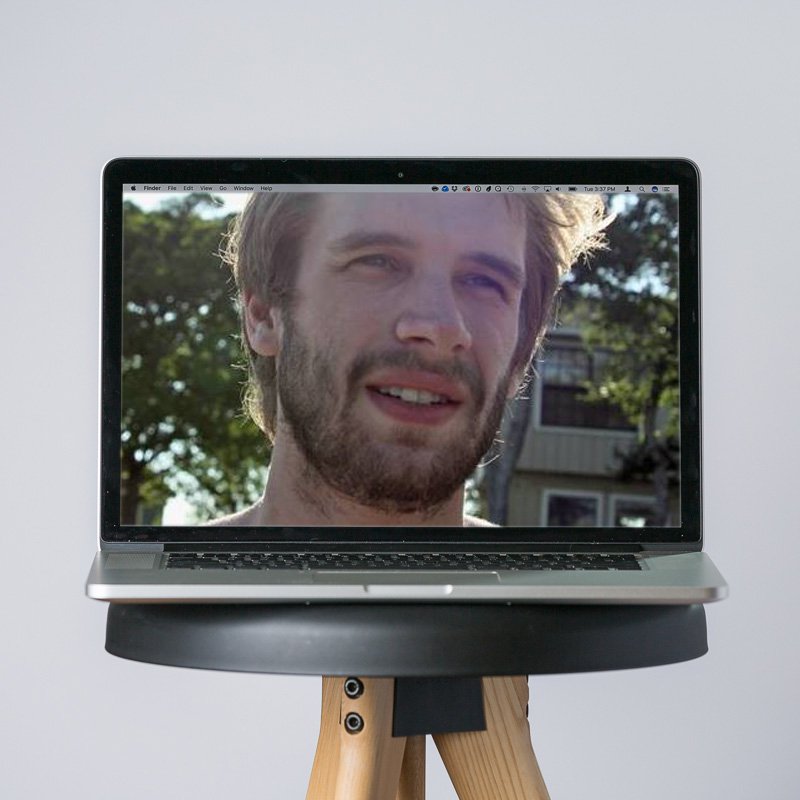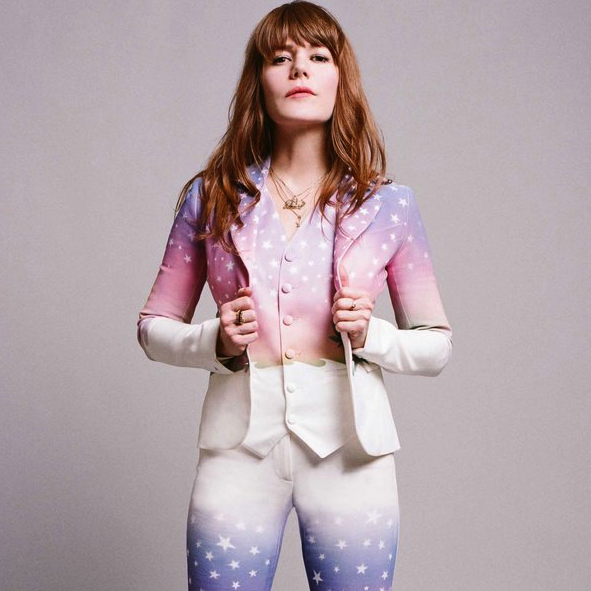© 2026 Flywheel Co.
Misc. — 07.22.19
Keeping The Fire Alive

As developers and designers, we often find ourselves staring burnout directly in the face as it looms above waiting for the most inopportune moment to strike. When it sets in, burnout leaves you crippled with a feeling of utter defeat. The simplest of tasks suddenly feel like the tallest of mountains and you find yourself frequently begging your brain to start working properly again, but its response is always a deafening "No."
Despite the varied circumstances that lead to burnout, the nature of our work itself is a major underlying factor. While the end product is always different to best suit the individual needs of a project, the tools we use and the process we take to get there are commonly the same. While this repetition is present in nearly all professions, development and design generally lack any clear metrics to measure self-improvement. The absence of any goals other than successfully completing a project on time and within budget parameters leaves your brain yearning for some more personal quantification of improvement and success.
In the beginnings of our career, this is offset by promotions and better job opportunities as our skills improve. As you start to settle into your career however, these metrics begin to evaporate as you reach a suitable stage in your progression. With these bigger goals accomplished, it is even more important that you continue to challenge yourself so that your brain is aware that you are still making progress, improving, and providing it with proper mental exercise. Regularly challenging yourself with personal projects is an easy and efficient way to fill this expanse.
The majority of us in the design and development have a personal project (or ten) underway at any given time, but we often don't truly appreciate or take full advantage of the positive effects these projects have on our psyche. We all get to where we are in our professions by pushing ourselves to create things outside of our comfort zone and getting hooked on the resulting pride when you can say "Hey, I made this neat thing!" It's important to keep coming back to this feeling as often as possible to keep your brain hungry for more.
When delving into these personal projects, the primary goal should not be completion, but rather reaching the point where you are proud of what you created with learned or improved skills. Completing a project and sharing it with others is a great for outside validation, but reaching that state often comes with a great deal of stress and struggle that can be detrimental to your brain's health, further fueling burnout. When you feel yourself starting to get into a slump, push your skills, not your patience.
While it likely won't keep burnout away forever, periodically taking the time to push yourself in the ways you don't have the opportunity too in your day-to-day will keep your brain fresh and functioning like the finely tuned machine that it is.

Development Lead
Chris Everson
Chris is an extraordinary programmer and source of comedy at Flywheel. Although he once had a desk in the office, he has since relocated to Australia and is our international wing.

